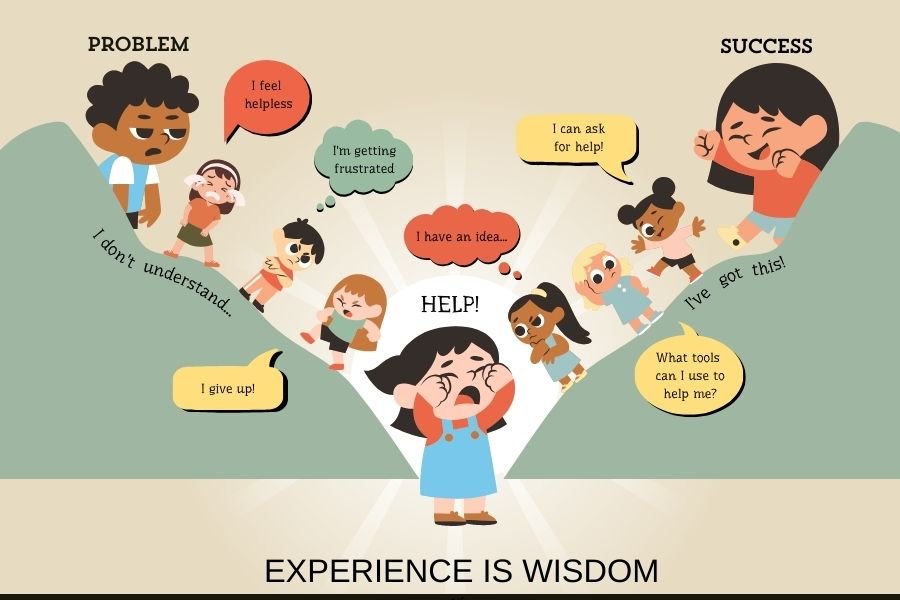As our children are rushed from one scheduled activity to another, have we somewhere lost the plot of childhood? Do children need an overtly busy and committed daily diary or do we need to slow down a little?
It all begins rather simply, a conversation with a friend about an absolutely phenomenal art class that her child is attending, a gymnastics session that is a must for all-around physical development, and soon it progresses to a mathematics session that promises to make numbers fun. Before we know it, we are sucked into a vortex struggling to schedule the day for our child, a special calendar is created stating which class or session is when and at what time, our child is busy, and from what we assume, growing into a smart, aware and balanced individual. However, is this really true? What about the old adage, let children be children? And what about the impact that this overscheduling has on us? Like every decision or action, this also has shades of grey and knowing where and when to draw a line is imperative.
What is essential?
Our children are definitely living in a highly competitive environment where every child is being taught to master not just one skill, but lots. As parents, we need to step back and determine if this is really needed? How many of these skills are absolutely essential and what can be done without? Also, we need to take stock of the environment and the pace at which the world is changing, the skills that our child might take hours to master may not be required tomorrow. What happens to the time invested in these, specifically the precious time that children could have spent just enjoying their time off?
The role of media
Over time, we have started believing that terms like “average,” “normal,” and “typical” are derogatory. But is that really true? And the media plays a huge role in this. We are constantly bombarded with content promising to make our children smarter, stronger, more aware. However, it isn’t mentioned that it is okay to be just “smart,” “strong,” and “aware” and for this, our kids do not need to participate in a myriad of activities that overwhelm their little brains.
Balance is key
While living in a cocoon is not possible and not recommended, maintaining a balance is. It would help us in raising happier and contended children if parents slowed down a little, reset their expectations, and rushed less. This would not only have an impact on the child but also on the overall well-being of the parent.
Parents have been led to believe that children need to be engaged effectively all the time, and if they aren’t, they may be bored. But boredom is the key to motivation, to creativity, and in a way to happiness. Lets us relook at our child’s schedules and give them an opportunity to just be kids!














